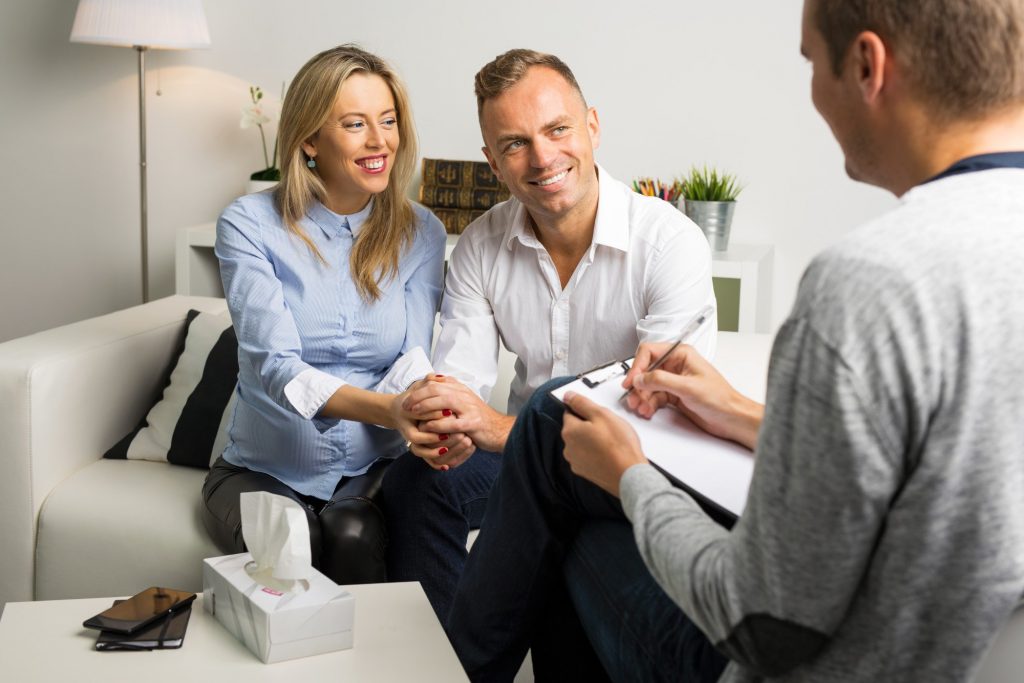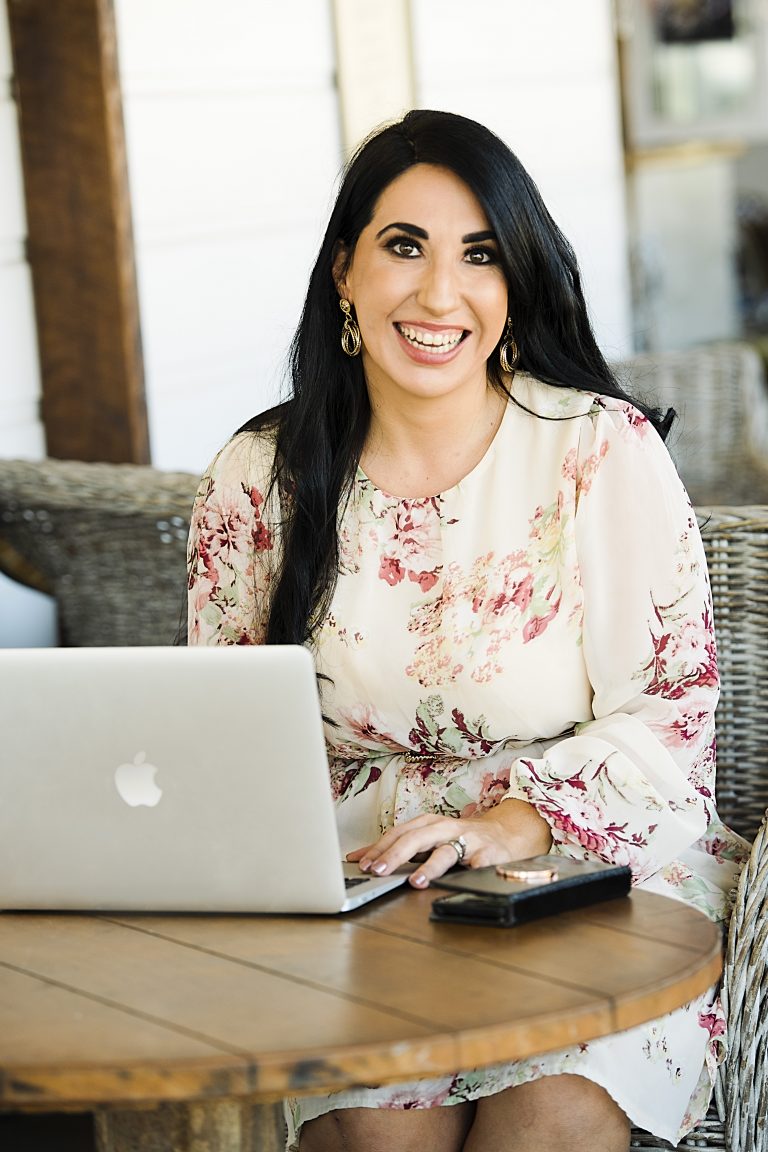Are you and your partner struggling to stay on the same page in your relationship? There’s no such thing as a perfect marriage, but sometimes things get so tough that you start to wonder if it’s worth it to continue.
Before taking any serious steps, it’s helpful to seek out marriage counselling. A good marriage counsellor can help detangle any tricky relationships issues and set your marriage on the right track.
If you’ve never been to a counselling session, it’s normal to feel nervous. We want to help prepare you. Keep reading to learn all about what to expect from your first marriage counselling session.
Before The First Marriage Counselling Session
When your marriage counselling session is on the horizon, what should you do to prepare?
Preparing for counselling is sometimes the most stressful part. At this time, you and your partner are likely not seeing eye-to-eye, so the idea of collaborating isn’t as appealing as it should be. You are going to have to prepare together and separately if you want this to be a success.
If possible, try to discuss your goals together. This will help you prepare for the discussion that the therapist is going to start with you. Try to get on the same page if you can, but don’t worry if there are disagreements.
Discuss your boundaries about who you can each confide in about therapy. It’s helpful to be able to confide in a close friend or family member, but don’t be afraid to ask to keep therapy between yourselves and your counsellor for the time being.
Make sure that you enter therapy with an open mind and that you’re both willing to be honest. Even if the other party is dishonest, tell the truth.
Remember that you don’t have to put on a show for your counsellor. They’re willing to see you and your partner as you are.
Meeting Together
During your first therapy session, you’re going to meet as a pair. This is also true for most of your therapy sessions, but there may be appointments in which only one partner goes.
Remember that it’s okay if you feel tense during the first appointment with your partner. You’re there to get a helpful and unbiased third party to assist your marriage (whatever that means to you).
It’s okay to squabble during the session, but the therapist will chime in. Eventually, this will feel natural and there will be less tension.
Consider seeking out individual therapy if you’d like more one-on-one time with another counsellor. Don’t use the same counsellor for both individual and couple’s counselling.
Discussing Relationship History
Your counsellor will listen to the history of your relationship from the beginning to its current state.
They may ask you to discuss the good things as well as the bad to put you in a better state of mind, but overall, they just want to get a general timeline of what your relationship has looked like.
This is also when you’re going to start talking about why you’re in counselling in the first place.
Identifying Goals and Problems
So why are you in counselling?
During your first session, your counsellor is going to ask you to identify (either together or as individuals) what the problems in your marriage are and what you aim to accomplish by the end of marriage counselling.
Common marriage problems include:
- Infidelity
- Sexual problems or incompatibility
- Frequent fights
- Financial problems
- Problems with children
- Problems with other family members
- Grief
- Relationship transitions
You may discover that your partner has different problems from the ones that you’ve identified. Keep in mind that it doesn’t mean that your partner is wrong, just that they have a different perspective.
Based on these marriage problems, what are you hoping to gain from marriage counselling? If you have trouble finding the right language for your goals, your therapist will help you.
Asking Questions
You can use the first session to ask marriage counselling questions of your counsellor. Remember, this is your time, and your counsellor should be happy to explain everything to you.
You can ask them about their therapy style, how they structure each session, and what they consider “successful” counselling to consist of. All marriage counsellors are different.
If you have any concerns, this is the right time to bring them up. Make sure that you’re communicating with your counsellor from the get-go.
After Your Marriage Counselling Session
The first marriage counselling session may feel draining for both you and your partner. Remember that it’s okay to have a bit of emotional dysregulation. This is a new experience.
If possible, discuss the session with your partner as soon as it’s over. If it’s more comfortable for you, wait until nighttime when you’re relaxing in bed or do it during a calming activity. This is a great time to debrief.
Your Marriage therapist might assign “homework” for you and your partner. Don’t fret, this isn’t like homework that you’d do after school. It often includes things like coping strategies, communication skills, and finding closeness with your partner between sessions.
Remember that you need to apply the tools that you learn in therapy to real life.
Are You Ready for Marriage Counselling?
Starting marriage counselling is nothing to be afraid of. All couples can benefit from a counselling session. It will help you put your relationship in perspective so you know how to move forward (whatever that means for you and your partner).
Remember that the therapist’s room is a safe space where you can express yourself under the guidance of someone who doesn’t have a bias toward either of you. With the right marriage counselling, your relationship can thrive sooner.
Are you ready to start?
At Betterminds Counselling, we help couples in Townsville find their spark again. Request an appointment so we can start working together.





